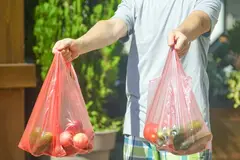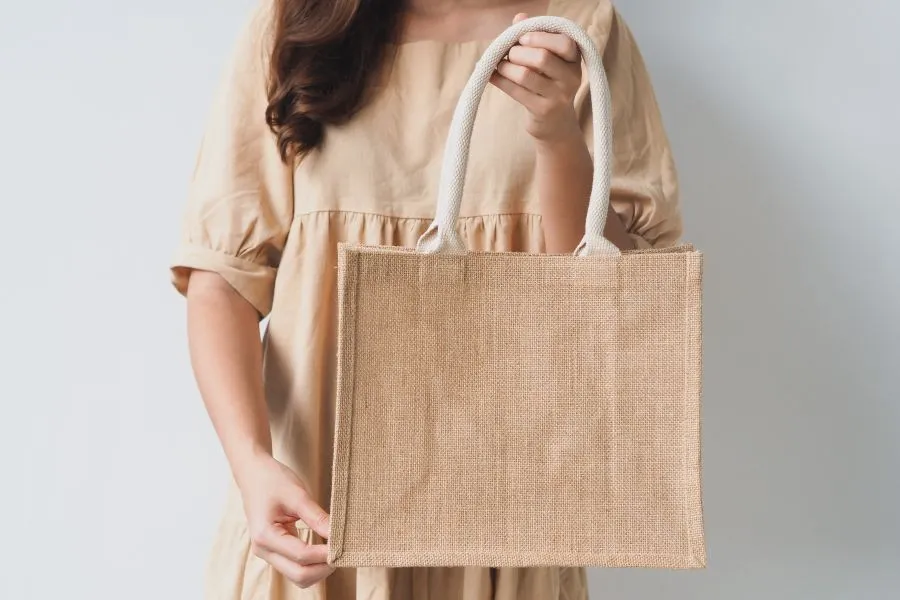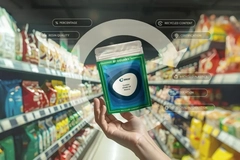Washington State urged to reconsider plastic bag ban as researchers warn of rising material consumption
Key takeaways
- A WSU study recommends lifting the state’s single-use plastic bag ban due to higher plastic consumption from reusable bags.
- The Department of Commerce and Ecology rejects the findings, arguing the ban remains vital to preventing litter.
- Both agencies agree on avoiding thicker 4 mil bags and call for better data on bag use and reuse.

A recent study has concluded that Washington State, US, should drop its ban on single-use plastic bags due to increasing plastic material consumption. Packaging Insights speaks to the Department of Ecology about the study results and the department’s response, highlighting the complex effects single-use plastic bans can have on material consumption.
The Department of Commerce and Ecology commissioned the 2025 research as part of the regulation, but has now announced its disagreement with the study’s results and rejects its suggestions.
Researchers from Washington State University (WSU) found that from 2021–2022, the ban reduced the total number of 0.5 mil single-use plastic bags by 50%. Still, total plastic weight increased by 17% due to the thicker 2.25 mil reusable bag solution.

The ban was introduced in Washington in October 2021 “to reduce waste, litter, and marine pollution, conserve resources, and protect fish and wildlife” (RCW 70A.530.005). Under RCW 70A.530.060, Washington State is required to conduct an assessment of the ban to ensure its effectiveness and economic impact.
The 2025 study advised the State Department of Commerce and Ecology to reconsider its single-use plastic ban and cancel its proposed increase of fee for reusable bags in 2026.
Since the study’s publication, the Department of Commerce and Ecology has responded by disagreeing with the researchers’ suggestions and maintaining that the ban is a successful preventative measure against plastic pollution.
“Simply put, thicker, reusable plastic film bags are about four times heavier than single-use plastic film bags. As illustrated in the report, the number of reusable plastic film bags would have to fall by 78% to match the amount of plastic used in single-use bags,” says the department’s spokesperson.
 The spokesperson states that the best way to reduce plastic pollution is to use reusable bags.But Eric Jessup, co-author of the study and research professor at WSU, adds: “We completely stand by the study we completed for the Washington State Departments of Commerce and Ecology, and the policy recommendations we made are consistent with that work.
The spokesperson states that the best way to reduce plastic pollution is to use reusable bags.But Eric Jessup, co-author of the study and research professor at WSU, adds: “We completely stand by the study we completed for the Washington State Departments of Commerce and Ecology, and the policy recommendations we made are consistent with that work.
Lack of data
The Department of Commerce and Ecology says the researchers did not have sufficient data to accurately judge the ban’s efficacy.
The spokesperson adds: “We need more information on bags used, reused, and littered in Washington before and after the bag ban took effect, before we can have a strong opinion based on data.”
“As noted in the cover memo of the report, we recommend gathering more data to evaluate the law’s impact here in Washington. Despite the lack of data, maintaining the 2.25 mil thickness requirement into the future is a potential policy option.”
The researchers also strongly advise against increasing to even thicker 4 mil reusable bags, an assessment that the Department of Commerce and Ecology agreed with and aims to avoid.
Reuse reliability
There is debate on whether thicker, reusable plastic bags reduce litter enough to offset their less environmentally positive qualities — such as more plastic used and higher emissions.
“We will need more information from within Washington to fully evaluate bag use, reuse, and the effect of this law on litter. The 2022 Washington litter study estimates that 18.7 million single-use plastic bags are littered yearly,” says the spokesperson.
“No matter the material, carryout bags should not be littered in the environment. For every bag produced, there are also environmental costs to produce, transport, and eventually dispose of bags.
The spokesperson suggests that the “best action” to reduce plastic litter is to use reusable bags as much as possible and then recycle these correctly.
Regulation of retail costs
Under the single-use plastic ban, retailers must charge US$0.08, increasing to US$0.12 starting in January 2026.
“Retailers retain this bag fee as a taxable retail sale to offset the cost of bags. As described in the report, studies demonstrate that bag fee policies effectively reduce paper and plastic carryout bags, helping to disincentivize their use and remind customers to bring their own bags.”
The spokesperson reinforces the law’s intent, which aims to prevent plastic waste from polluting the environment.
“By reusing bags, businesses can also reduce purchase costs, customers can avoid the bag fees, and we can reduce overall waste, contamination, and litter.”












